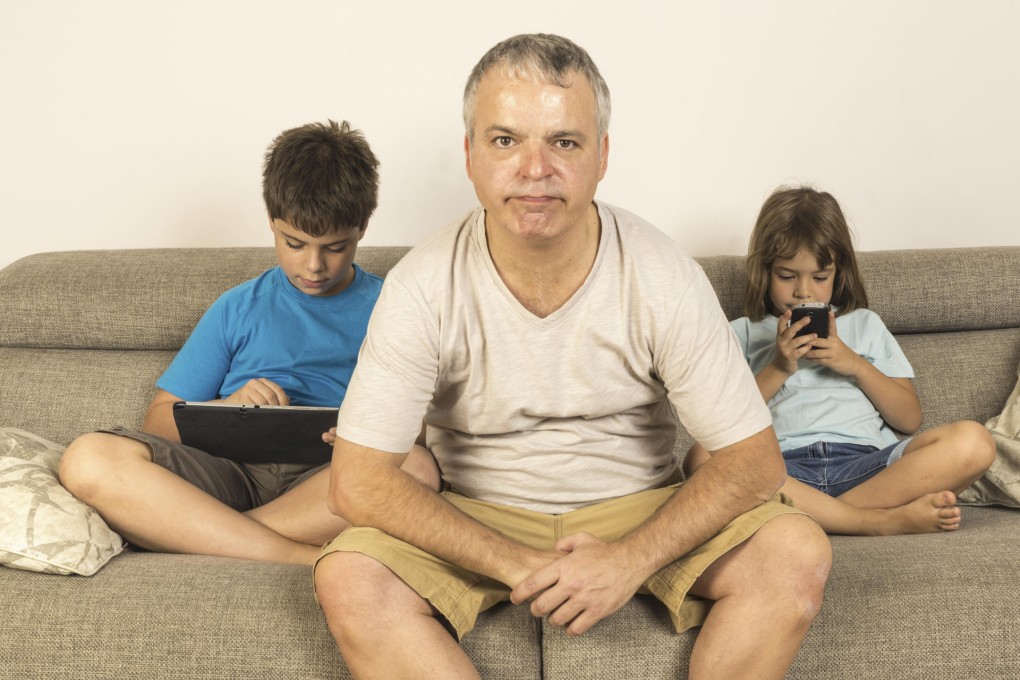How can parents share music and books they love with children of wired generation?
Families are atomised, the home is a honeycomb of cells not a collective space, and kids lost in their own electronic world shut themselves off from their heritage. What to do?

I worry about the privatisation of space the internet has heralded, leading to the atomisation of the family in a way that those who, two generations ago, complained about television's malevolent effects could only have guessed at.
I have chronicled the effect it has on my family, each member retreating to their bedrooms with their personal devices, so that the house becomes a honeycomb of separate cells rather than a collective space. But driving home from a holiday with my four daughters, aged from eight to 22, a surprise complaint from my most pro-technology daughter, Jean, the oldest, suggested another way in which electronic media are damaging the fabric that holds a family together.
She was enjoying control over the car's sound system, sharing the music she had come to love partly as a result of me playing it when we were in the car together when she was a child - old R&B, Nina Simone, Billie Holiday, Marvin Gaye. Jean was hoping to pass down these inheritances to her two younger sisters, Eva, 13, and Louise, eight.

But Louise and Eva were oblivious, sitting in the back seat with headphones on, inhabiting their own electronic worlds.
"Such a shame they're not getting to experience this," said Jean.
It made me realise that electronic atomisation isn't only isolating children in their present, but cutting them off from their past because they are being divested of their cultural inheritance.
